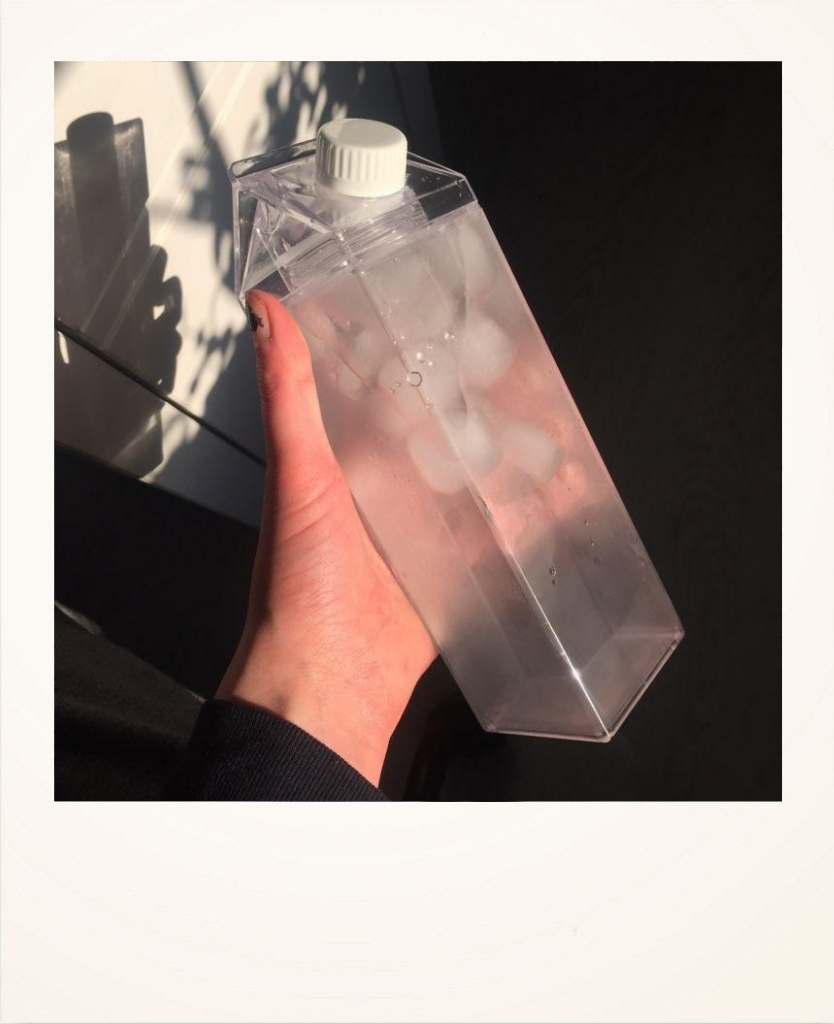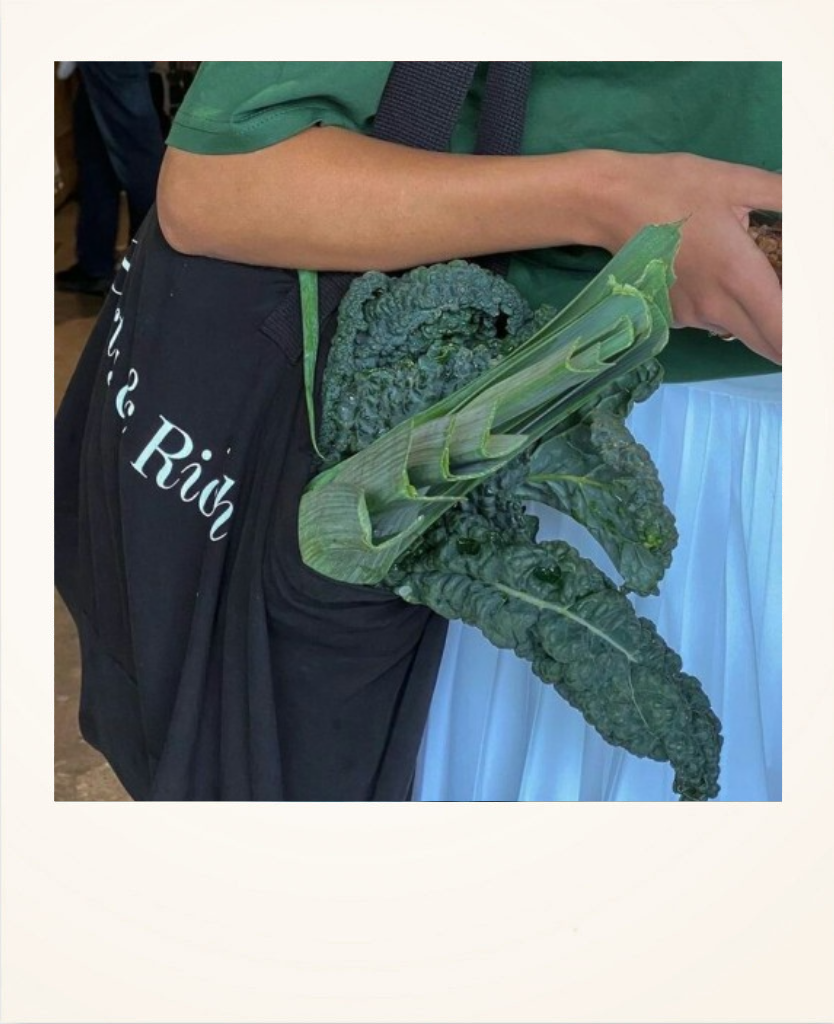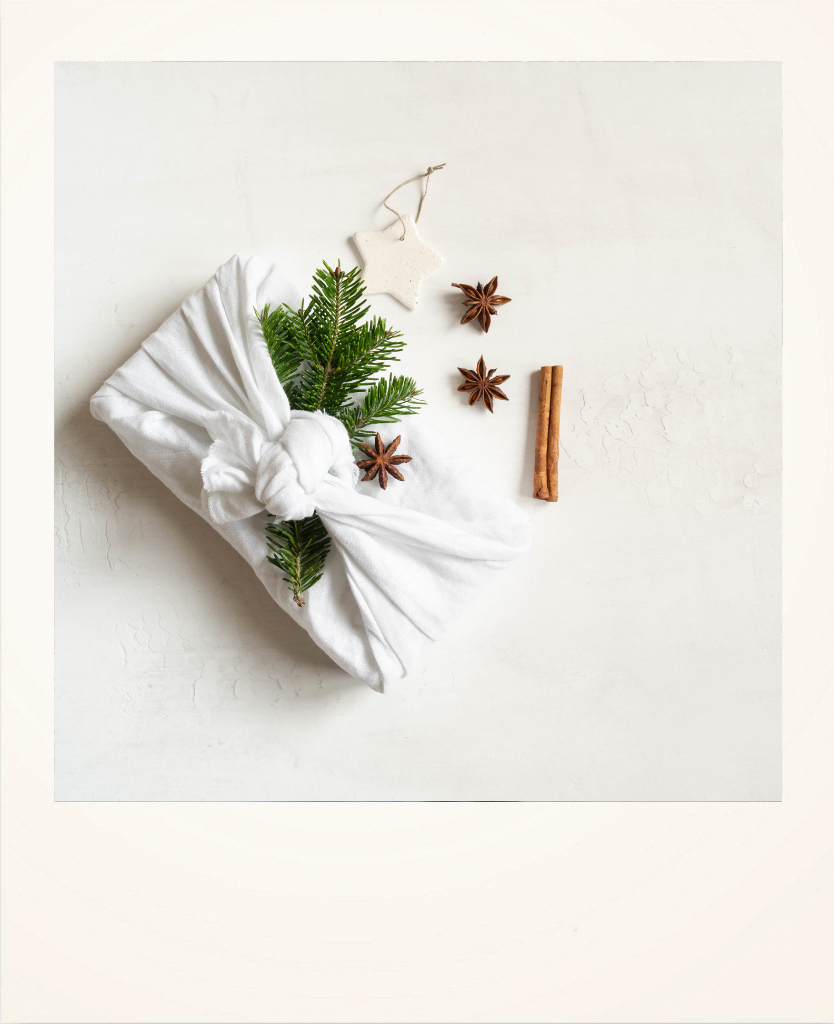Today, World Climate Change Day, just days away from Sustainability Day, we want to show you that living a more conscious life with respect to the planet we live on and the problems we unfortunately face can start in the most unexpected place: the supermarket.
Throughout the 21st century, we have witnessed a boom in sustainability, forcing companies to adapt to changing times and respond to the growing demand for key products for living a much more sustainable life. Becoming a more responsible consumer isn't as difficult as it seems. In fact, it can start with something as simple as replacing the products we use every day with more sustainable versions. If you don't know where to start, here are five changes you can make to your home right now:
LED bulbs
A more conscious life starts with saving water and energy. In fact, this particular product is one we should all adopt for multiple reasons. Did you know that this type of light bulb can help us save up to 80% of energy compared to a regular light bulb? Not only is it good for the planet, but an LED bulb can also make a huge difference in your electricity bill. It would be foolish not to adopt this change. Find the right place to get rid of your regular light bulbs and replace them with your new best friends.
Reusable kitchen paper rolls
Have you ever stopped to think about how much kitchen paper you use in a day? A stain here, a stain there... Paper is one of the most used and discarded items at the same time, which means that production is constantly increasing. This type of paper is not only made to be used multiple times, but it's also made from biodegradable materials, which means you can throw it in your organic waste and rest assured that it will eventually disappear naturally and without causing any pollution.
Reusable water bottles
You've probably heard us talk about this type of change a thousand times, but it's so easy and makes such a difference that we can't help but repeat it again. According to the Waste Management website, "100 ml of petroleum is needed to produce a single plastic bottle. Not only does production pose a danger to the environment, but waste disposal is also a huge burden. If plastic is incinerated, toxic fumes are produced, polluting the environment. In Spain, 50% of plastic ends up in landfills. A plastic bottle takes more than a thousand years to degrade. In this long process, rain carries toxic chemicals into the soil. You might think that recycling is the solution: In Spain, 66% of plastic containers are already recycled. This number sounds good at first glance. But the truth is that only 7% is used to make new bottles. Most are recycled into lower-quality products that cannot be recycled indefinitely. Therefore, giving up water from plastic bottles represents a contribution to our environment." Simply buying a reusable bottle is enough to start significantly reducing your carbon footprint. And if you prefer to drink coffee on the go, how about a thermos or reusable cup? They're really cute.
Eco-friendly toothbrush
According to Professional Waste , "every year 8 million tons of plastic end up on the seabed . Of this plastic waste, 1% is discarded toothbrushes. In Spain, a total of 160 million toothbrushes are manufactured each year, equivalent to approximately 2,600 kilos of plastic annually. They take an average of 400 years to decompose and which, to a large extent, will end up in our seas and oceans. A harsh reality that is due to a widespread misconception: due to their composition, recycling toothbrushes is mistakenly associated with the yellow container. However, this product is made up of different types of plastics and nylon, which makes the work of recycling plants difficult and means that if recycled incorrectly, they can end up in the sea. In reality, plastic toothbrushes should be deposited in the clean points or designated collection points. If there aren't any nearby, they should be placed in the gray bin with the rest of the waste." A simple way to avoid all this is to switch to the sustainable alternative of bamboo toothbrushes, which are 100% biodegradable.
Clothing from sustainable brands
No, you might not find these products easily in the supermarket, but they are certainly something you'll use every day. At Momoc, we never tire of talking about the impact the fashion industry has on our planet (from sustainable habits to combat fast fashion , why pre-ordering is the future , and sustainable bloggers you can follow to recommendations for sustainable shoe brands ).
The fact that it's the second most polluting industry in the world has to change, and that only depends on us. Fortunately, in recent times we've seen a shift in mentality and a rise in sustainable brands with a greater awareness of their production, which we hope will continue to grow. For us, it's a matter of logic: if a brand allows you to be fashionable while also protecting the planet, supporting ethical work, and living a more sustainable lifestyle, doesn't it make more sense to invest in it if you also know the garment will last much longer than one that was poorly produced and in horrible conditions?



